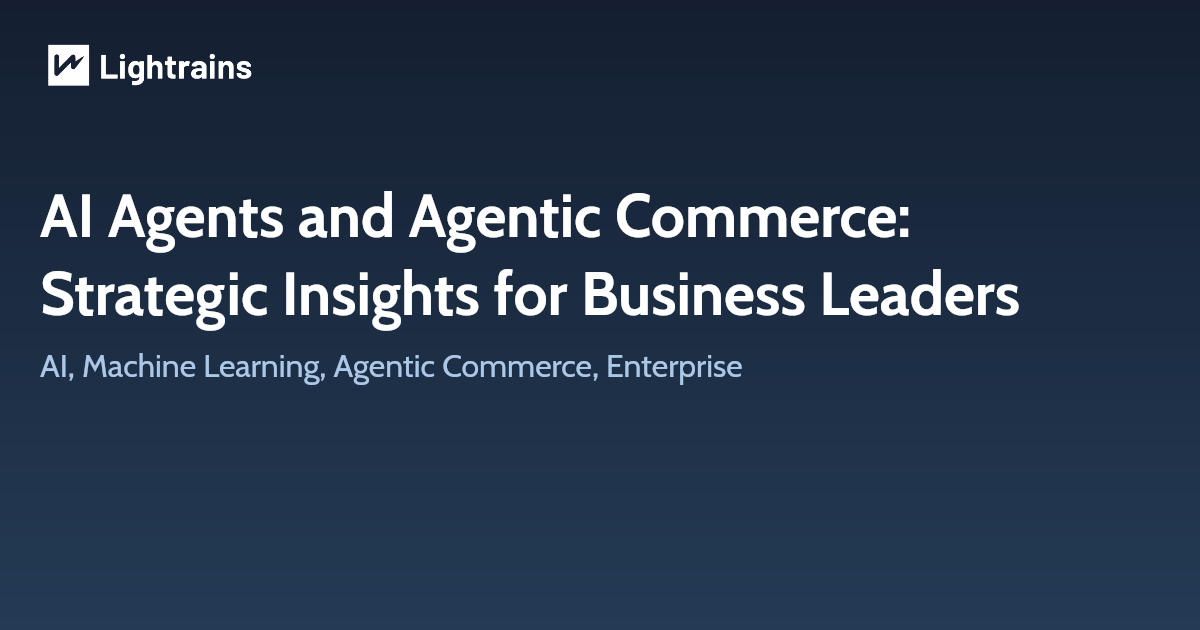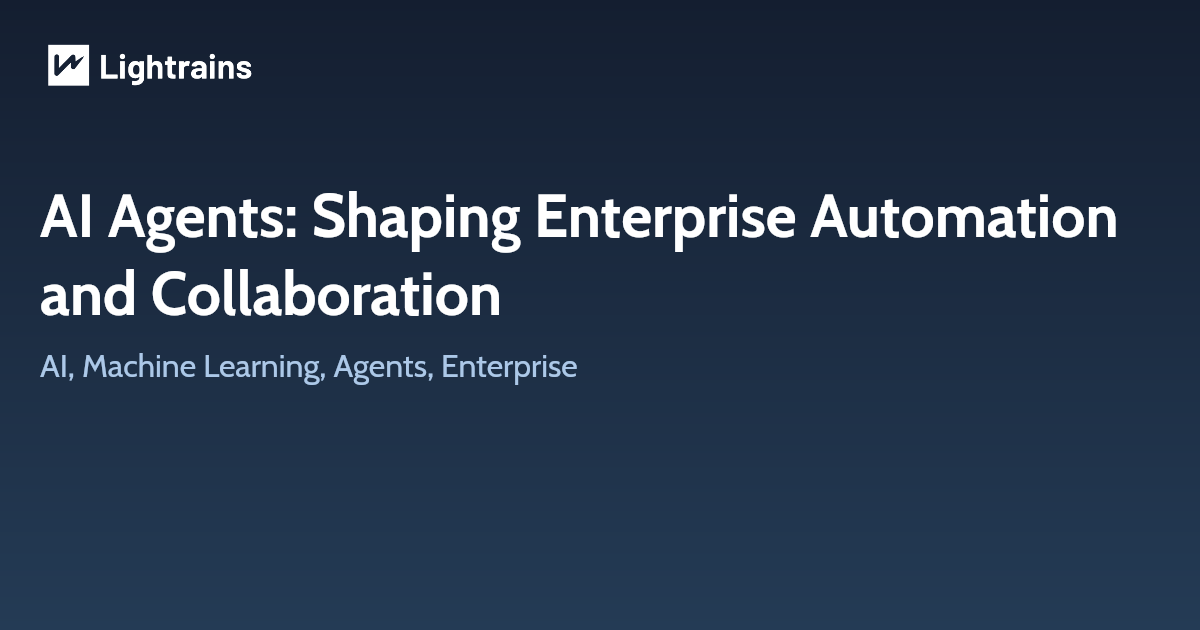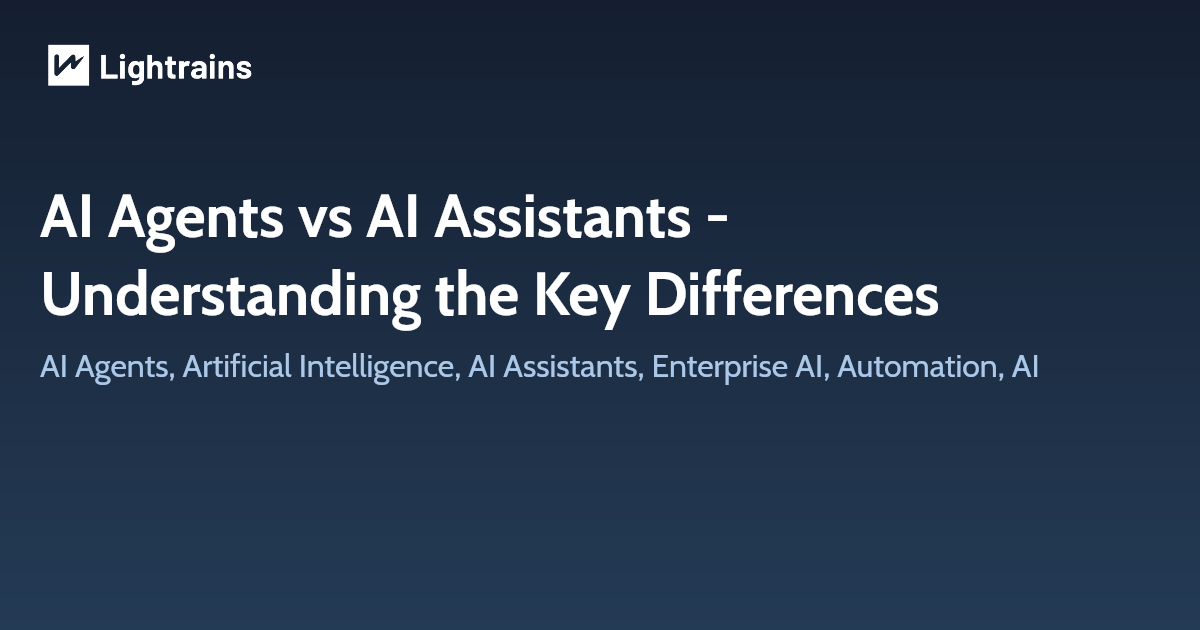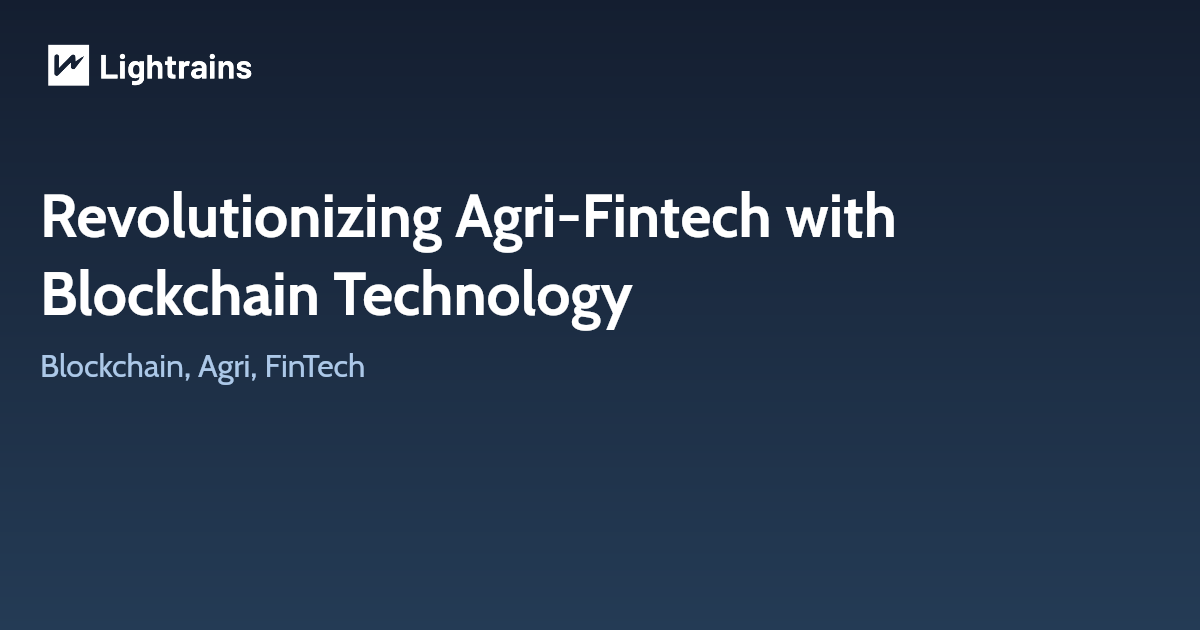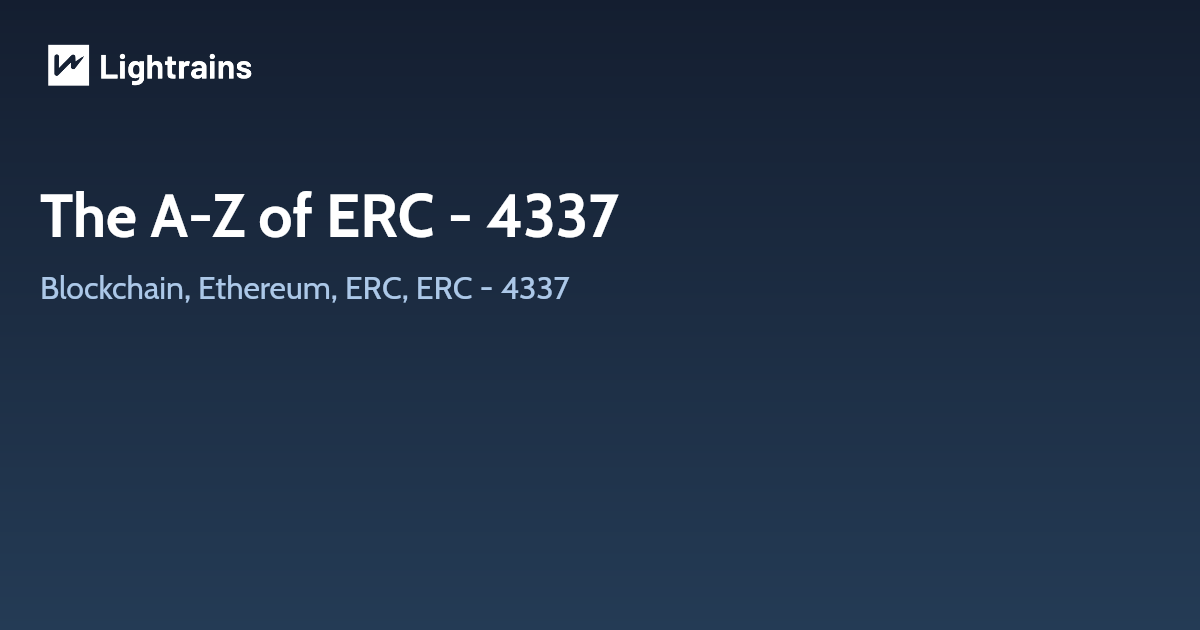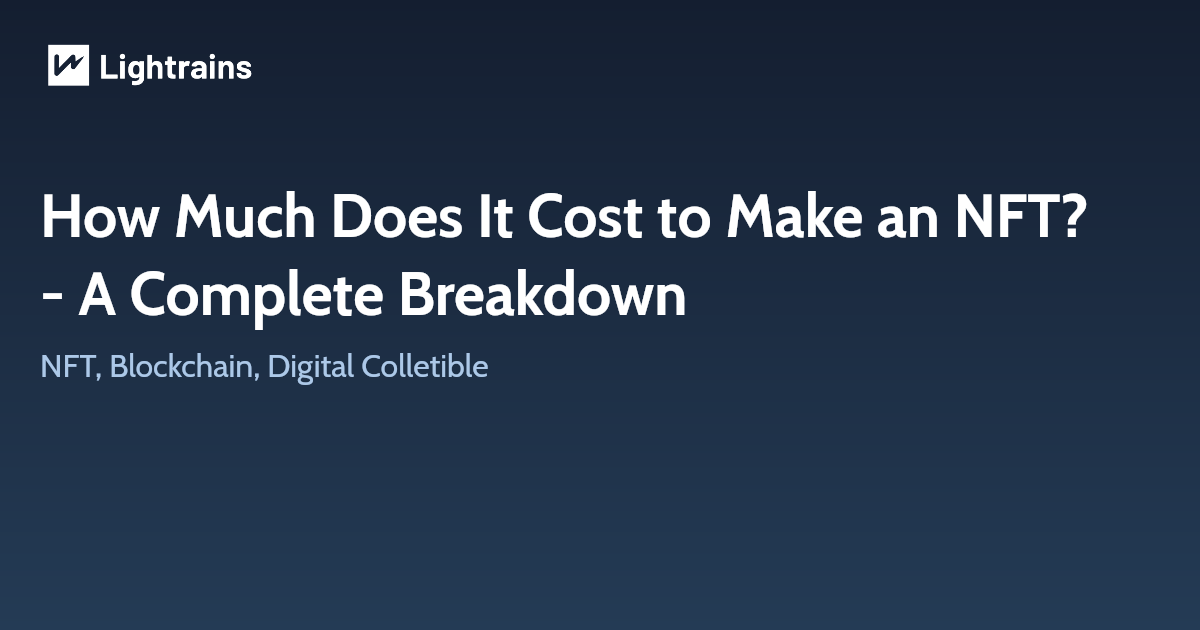
Whether you’re an artist hoping to digitize your artwork or a business looking to join the NFT (Non-Fungible Token) craze, understanding the costs associated with creating an NFT is essential. This guide breaks down the expenses, demystifying the world of NFTs for you.
What is an NFT?
First things first, an NFT, or Non-Fungible Token, represents ownership or proof of authenticity of a unique item on the blockchain. Unlike cryptocurrencies like Bitcoin or Ethereum, which are fungible and interchangeable, NFTs are distinct and not interchangeable on a one-to-one basis.
The Costs Involved in Creating an NFT
1. Digital Creation Costs
If you’re not a digital artist or if you require specific software to create your content, this will be your primary initial cost.
-
Software: Tools like Adobe Creative Suite or specific platforms designed for NFT artwork can come with subscription costs or one-time fees.
-
Artist Fees: Hiring a digital artist? Remember, their fees vary depending on their experience and the complexity of the work.
2. Minting Costs
This is where the technical aspects of blockchain come in. “Minting” is the process of turning your digital creation into an NFT by adding it to the blockchain.
-
Gas Fees: Blockchains require a small fee to validate and confirm transactions, commonly known as “gas”. Especially on networks like Ethereum, gas fees can be volatile and can range from a few dollars to several hundred depending on network congestion.
-
Platform Fees: Websites like OpenSea, Rarible, or Mintable charge fees (often between 1% to 2.5%) for using their platform to mint the NFT.
3. Listing and Selling Costs
Once your NFT is minted, you’ll probably want to sell it!
-
Listing Fees: Some platforms might charge you to list your NFT for sale.
-
Transaction Fees: When your NFT is sold, platforms usually take a cut of the sale, which can range from 2.5% to 10%.
4. Wallet and Storage Costs
For extra security, you may opt to store your NFT in a hardware wallet. These physical devices can range from $50 to $200, offering robust protection for your assets.
| Wallet Name | Type | Security Level | Cost | Notable Features | Best For |
|---|---|---|---|---|---|
| MetaMask | Browser Extension | High | Free (transaction fees apply) | Integrates with most NFT platforms, widely used in the Ethereum community | Those who want a balance of usability and security |
| Trust Wallet | Mobile | High | Free (transaction fees apply) | User-friendly, supports a wide range of tokens beyond Ethereum | Mobile users looking for a versatile wallet |
| Ledger Nano X | Hardware | Very High | $119 | Physical device, extremely secure, supports multiple cryptocurrencies | Users prioritizing security over everything else |
| Trezor Model T | Hardware | Very High | $180 | Touchscreen interface, supports 1000+ coins, highly secure | Those looking for a premium, high-security hardware wallet |
| Coinbase Wallet | Mobile/Browser Extension | High | Free (transaction fees apply) | Simple interface, integrates with Coinbase exchange | New users and those who use Coinbase exchange |
Choosing the right wallet boils down to your priorities, whether it’s security, ease of use, or flexibility. Always ensure your chosen wallet is compatible with the NFT platforms you intend to use.
4 major things to consider when selecting a cryptocurrency wallet
5. Ongoing Costs
Consider any costs for updating the NFT, marketing it, or additional transactions as ongoing expenses.
Tips to Reduce NFT Creation Costs
-
Choose the Right Blockchain: Ethereum is the most popular, but it’s not the only option. Binance Smart Chain, Flow, or Tezos might offer lower minting costs.
-
Mint During Low Gas Fee Periods: If you’re using Ethereum, keep an eye on gas prices and mint your NFT when fees are lower.
-
Leverage Promotions: Some platforms may offer promotions or reduced fees for new users or during special events.
Building Your Own NFT Marketplace
For those looking beyond just creating and trading NFTs, establishing a custom NFT marketplace can be the next logical step. This not only gives you control over the platform but also allows for unique branding and user experiences.
Why Consider a Custom Marketplace?
- Branding & Uniqueness: Stand out in the growing NFT space with your branding and a unique value proposition.
- Customization: Tailor the platform according to specific needs, integrating unique features or focusing on niche sectors of the NFT world.
- Revenue Streams: Establish your fee structures, promotional opportunities, and partnerships.
Whitelabel NFT Marketplace
White-label NFT Marketplace for a hassle-free solution for the launch of the NFT marketplace to onboard your target users in no time. NFT Marketplace Development Company based out of India
Wrapping It Up
Creating an NFT can be a rewarding experience, both creatively and financially. Understanding the costs involved ensures you’re not caught off guard and can make the most of your foray into this exciting digital frontier.
Looking for expertise in blockchain and NFT consultation? [Your Company Name] is here to help. With our vast experience in the blockchain domain, we can guide you through every step of your NFT journey. Reach out to us today!
This article originally appeared on lightrains.com
Leave a comment
To make a comment, please send an e-mail using the button below. Your e-mail address won't be shared and will be deleted from our records after the comment is published. If you don't want your real name to be credited alongside your comment, please specify the name you would like to use. If you would like your name to link to a specific URL, please share that as well. Thank you.
Comment via email
